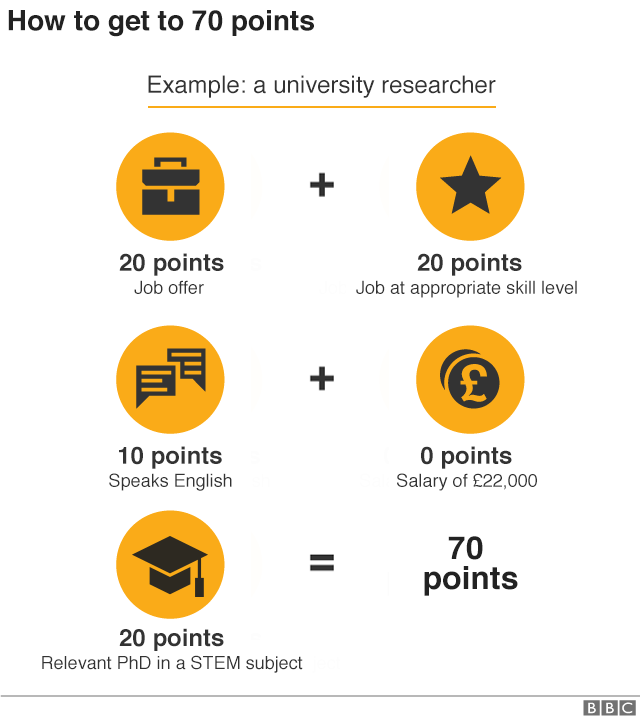NEW YEAR, NEW RULES – IS YOUR BUSINESS READY FOR 1ST JANUARY 2021?
If you haven’t already heard, there are a series of changes coming as the Brexit Transition period ends. A number of these changes involve the employment of EU citizens, current and future, in UK businesses.
The new rules affecting citizens, businesses and travel to the EU will come into effect from January 1st 2021.
This means that UK rules will change in relation to EU Citizens working in the UK, immigration, importing/exporting goods, data handling and travelling to the EU. There will also be changes for UK citizens living and working in the EU.
Read on to find out how these changes will affect employment in the UK, and how to ensure you’re well prepared.
How Will These Changes Affect Employment?
European Union citizens already living in the UK
EU Citizens who are living in the UK before the end of December 2020 can apply for pre-settled or settled status via the EU Settlement Scheme. Applications can be made up until 30th June 2021, and the use of a passport or National Identity card to prove right to work in the UK can continue until the end of June 2021.
If employees are uncertain of how to prove their right to work in the UK to their UK employer, they can follow advice from the Government website.
UK organisations employing EU citizens already living in the UK
UK organisations who have employees who are EU citizens living in the UK should try to support and encourage employees who are required to complete and submit an application for the EU Settlement Scheme.
Ensure they are aware of the deadline and where they can find out whether they can continue to work if their application is still in process.
Those employees with a regulated profession, such as Nurses, must ensure their qualifications completed in non UK countries are “Officially Recognised” from the 1st January 2021.
Those wishing to move to and work in the UK
From 1st January 2021, European Union citizens will be required to apply for a visa in the same way other countries must. There will also be a point system in place for those wishing to move to the UK. A minimum of 70 points is required. The infographic below shows how this could be made up.
Image: BBC News
Starting 1st January 2021, those who wish to move to the UK will have to:
Pay an application fee which will cost between £610 to £1,408
Pay an annual healthcare surcharge of £624
Have a further £1,270 in savings
Earn a minimum annual salary of £25,600. Should the salary be less than this (but no lower than £20,480) applications can still be made and points can be “traded” onto specific characteristics.
A Student Visa will cost £348 from outside the UK, or £475 to extend one from inside the UK
Recruiting from the EU
Organisations must first check whether they require a licence to employ workers from the EU. This does not apply to EU citizens with pre-settled or settled status, under the EU Settlement Scheme.
If businesses are able, they are advised to bring new hires from the EU/EEA/Switzerland to the UK before 31st December 2020 and support them with their application for the EU Settlement Scheme. Those arriving in the UK after 31st December 2020 will need to qualify under the new immigration point system.
Those who will be working in the UK with a registered profession, must first seek “Official Recognition” for their qualifications, if those qualifications were not awarded in the UK. This must be done prior to arrival.
Organisations should consider forward thinking with their approach to future hiring and recruitment plans after the 31st December. They should also ensure the hiring managers are up to date with the new requirements. Project plan extensions will need to be put in place in order to hire successfully and legally after the changes.
Conclusion
If you are unsure of what you need to prepare, the .gov website has an online questionnaire to help identify what you may need to do for your business, or yourself and your family: Brexit transition – GOV.UK (www.gov.uk)
Stellamar is working closely with it’s clients to support them with the transition and the upcoming changes in January. We welcome your questions should your business require any support or advice over the coming months. Please email HR@stellamar.co.uk for support.



